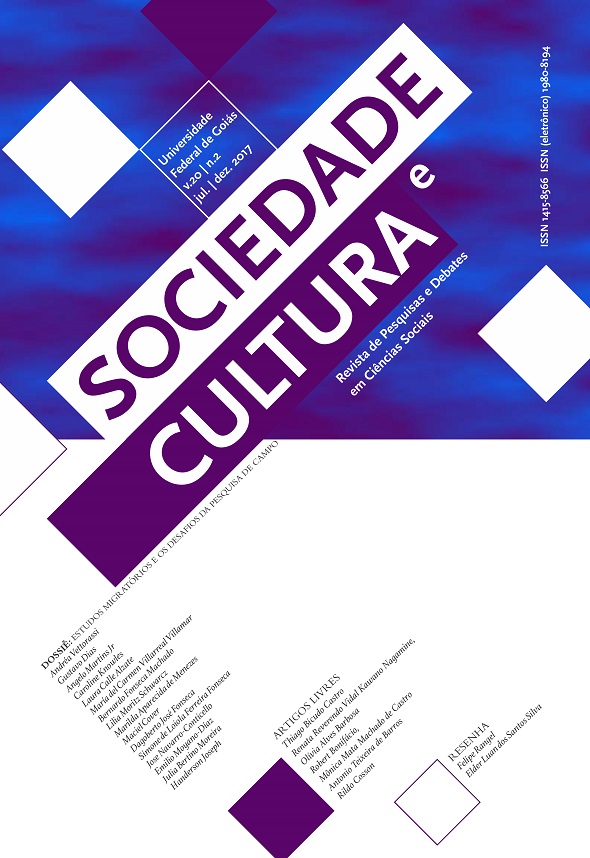Refugiados e migrantes na Luanda contemporânea
DOI:
https://doi.org/10.5216/sec.v20i2.53068Abstract
O artigo, ao abordar o debate acerca dos refugiados e das migrações, demonstra os deslocamentos populacionais presentes em Angola. Lançamos o nosso olhar para Luanda, considerada a capital mais cara do mundo, tendo sido projetada pelos conquistadores portugueses para ser uma cidade de veraneio e ter no máximo 500 mil habitantes, entretanto, atualmente possui mais de seis milhões de pessoas. A maioria é de migrantes internos, oriundos das áreas rurais, refugiados das guerras de independência e civil, falantes de seis grandes línguas nativas e mais de trinta variantes linguísticas originárias do território nacional. Nesse sentido, a língua portuguesa torna-se também um desafio e uma conquista para os refugiados que não a dominam e necessitam dela em Luanda. Essa capital que, ainda, tem recebido estrangeiros africanos de línguas francesa e inglesa, tais como os namibianos, congoleses, zambianos, senegaleses e de outras regiões do mundo, especialmente brasileiros, portugueses, cubanos e chineses.
Downloads
Downloads
Published
How to Cite
Issue
Section
License
Authors who publish in this journal agree to the following terms:
- Authors retain the copyright and grant the journal the right of first publication, the work being simultaneously licensed under the Creative Commons Attribution License, which allows the sharing of the work with acknowledgment of authorship and of the initial publication in this journal;
- Authors are authorized to enter into additional contracts separately, for non-exclusive distribution of the version of the work published in this journal (eg, publishing in an institutional repository or as a book chapter), with acknowledgment of authorship and of the initial publication in this journal;
- Authors are allowed and encouraged to post and distribute their work online (eg, in institutional repositories or on their personal page) at any point before or during the editorial process, as this can bring productive change as well as increases the impact and the citation of the published work (see O Efeito do Acesso Livre).



